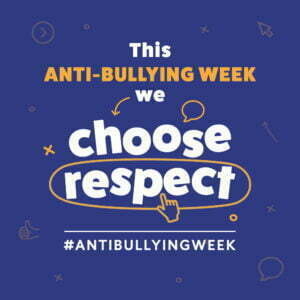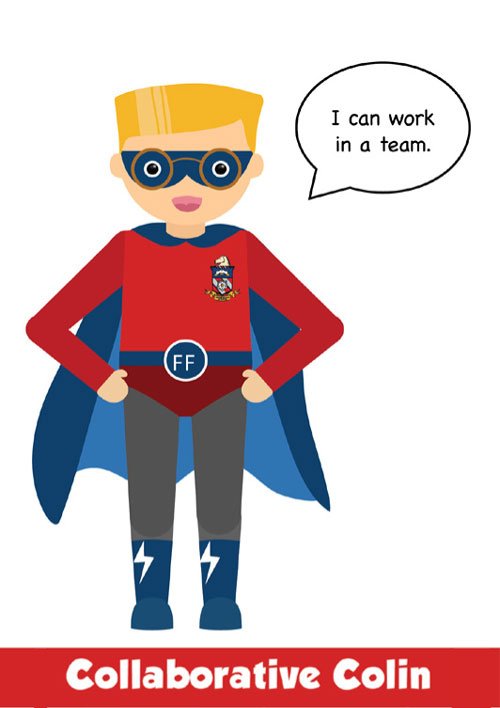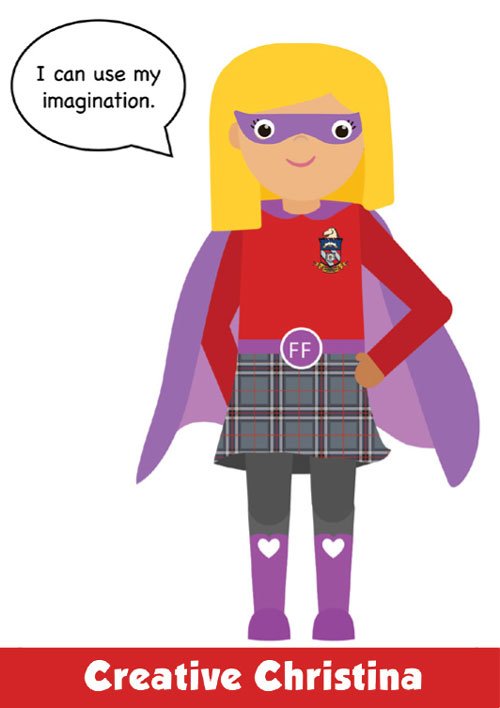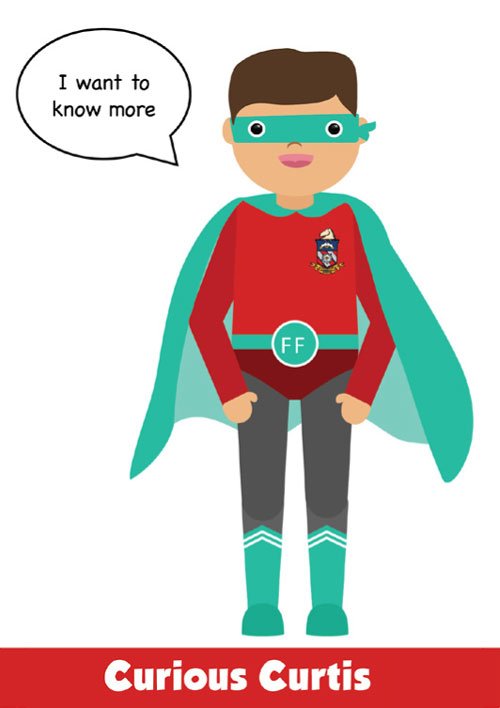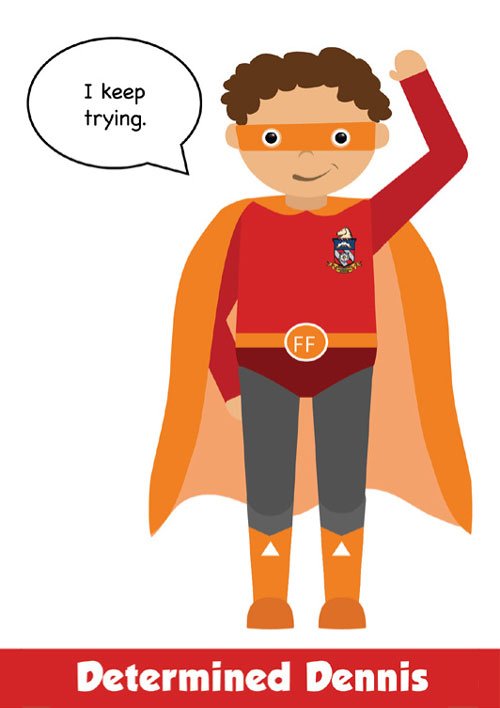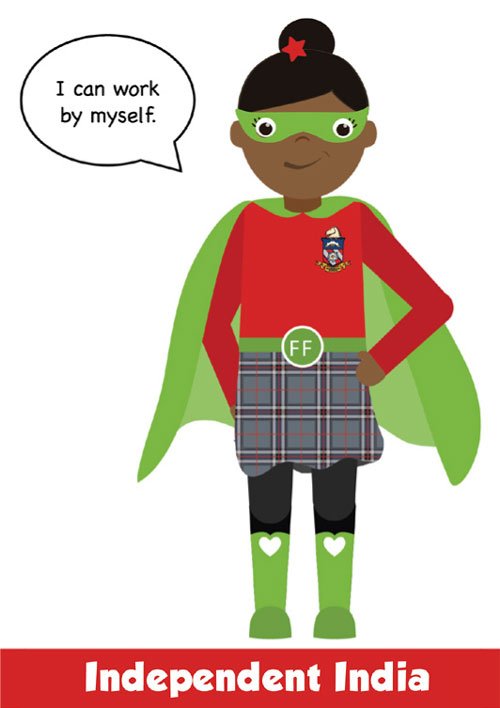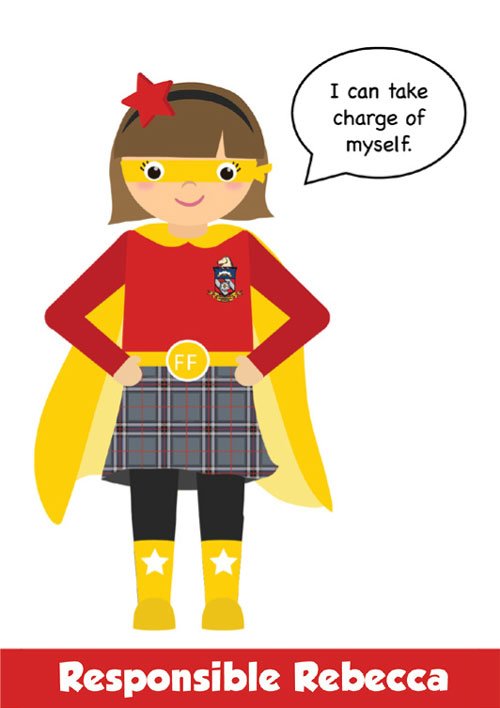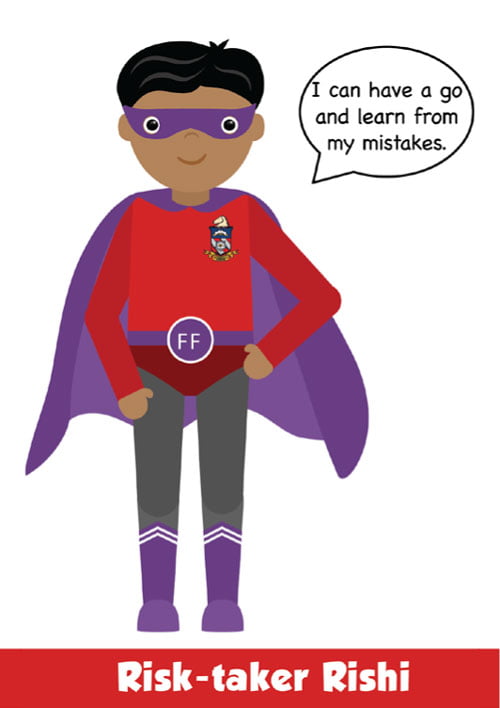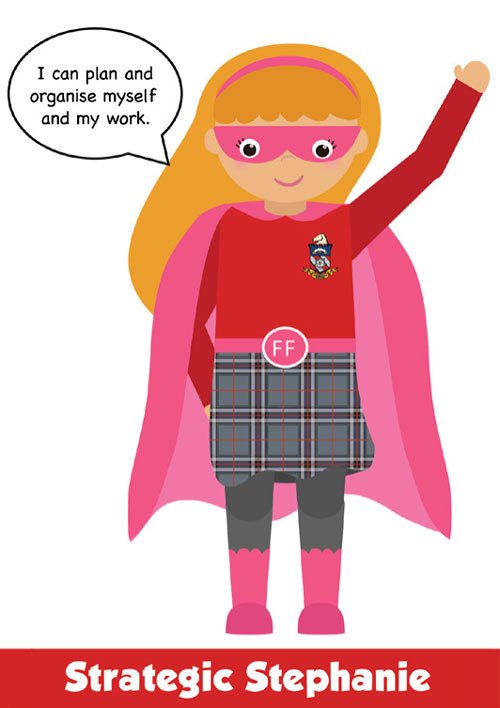Next week, we are marking national Anti-Bullying Week in school which is co-ordinated by the Anti-Bullying Alliance (www.anti-bullyingalliance.org.uk). The timing of this week dovetails perfectly with this half-term’s PSHEE topic of ‘Celebrating Differences’ and next week’s ethos theme which is: ‘We know how to help if someone is being bullied.’
The theme for this year’s Anti-Bullying Week is ‘Choosing Respect’ and the aims of this week are to support children to understand:
- The definition of respect;
- That bullying is a behaviour choice;
- That we can respectfully disagree with each other i.e. we don’t have to be best friends or always agree with each other but we do have to respect each other;
- That we all need to choose to respect each other, both face to face and online.
On Monday, we are holding an Odd Socks Day which is being supported nationally by Andy Day, cBeebies star and front man of ‘Andy and the Odd Socks’. It’s a chance for primary schools across the country to celebrate Anti-Bullying Week in a positive way by asking pupils to wear odd socks to school. All you have to do to take part is wear odd socks, it couldn’t be simpler!
Bullying is always an emotive issue for children and families. All schools experience bullying of some description but it is important that the children are able to recognise what constitutes bullying behaviour, and to understand the difference between this and having playtime squabbles and falling out with their friends. So what is bullying?
The Anti-Bullying Alliance defines bullying as: ‘the repetitive, intentional hurting of one person or group by another person or group, where the relationship involves an imbalance of power.’
The NSPCC says: ‘Bullying is behaviour that hurts someone else – such as name calling, hitting, pushing, spreading rumours, threatening or undermining someone. It can happen anywhere – at school, at home or online. It’s usually repeated over a long period of time and can hurt a child both physically and emotionally. Bullying that happens online, using social networks, games and mobile phones, is often called cyber-bullying. A child can feel like there’s no escape because it can happen wherever they are, at any time of day or night.’
The school takes any accusation of bullying very seriously and our Anti-Bullying Policy can be viewed on our website (www.froebelian.com). Each week in our staff meeting, staff are reminded to report allegations of bullying to Mrs Stratford. Mrs Stratford then undertakes the necessary investigations to ensure that we can support both children in understanding the impact of bullying behaviour on others and help the children in repairing their relationship. Of course, we are only able to investigate when we are made aware that bullying is taking place so another important aspect of our work is to ensure that children know who to talk to if they feel they are being bullied.
